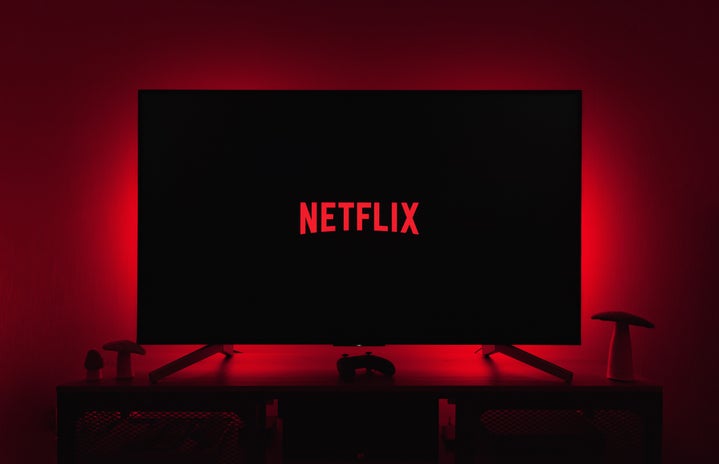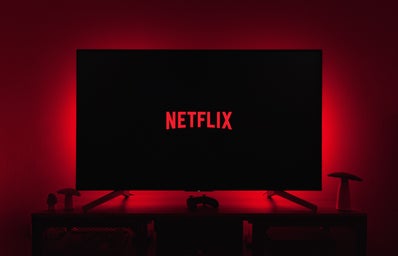Trigger Warning: The movie includes scenes of abortion, miscarriage, sexual assault and other themes that might be triggering for some audiences, and which all are discussed in this article.
This past week the Marilyn Monroe film “Blonde” starring Ana de Armas was released on Netflix. Within its fist few hours of release it received heavy criticism from movie reviewers on social media for its depiction of Monroe and her life.
Although “Blonde” centers around the story of Norma Jean Mortenson and her rise to fame as Marilyn Monroe, it is important to note that this film is based on a fictional novel about Monroe. As such, none of the events in the film can be taken as fact, which calls into question the motivation of telling this story at all- especially since its leading star is dead.
The nearly three-hour film begins with a look into Mortenson’s traumatic childhood with her mother as they navigate their lives without her father.
Throughout the beginning of the film, Mortenson’s mother repeatedly tells her that her father is a famous man who loves them but cannot be with them. This enforces the “daddy” issues that we see throughout the rest of the movie as Mortenson continues to search for a father figure in her life.
One of the major critiques that I have for this film is that it advertises itself as a look at Monroe’s life in Hollywood, but instead it focuses on the men in Monroe’s life. Specifically, the horrific relationships that she had with men, this including: her first husband, Charlie Chaplin Jr. and Edward Robinson, Arthur Miller and lastly President John F. Kennedy.
A disgusting detail that is left out of the film is the reminder that all of these depictions on screen may not be true to what happened in real life.
For instance, it is unconfirmed if Marilyn Monroe ever had a relationship with Charlie Chaplin Jr. and Edward Robinson. However, the film would lead audiences to believe that not only was she in a committed relationship with both men, but she actually got pregnant at one point during their time together.
Additionally, the film briefly touches upon her “relationship” with JFK and does so by implementing a scene in which he forces her to give him a blowjob.
Not only was that scene horrific to watch on screen, but it felt completely unnecessary as it was never confirmed to have happened. Along with that scene there are multiple other instances in the film where Monroe is being raped, physically abused and sexually exploited.
Watching the film, I couldn’t help but feel like she was being exploited again since the film only highlighted her sexuality and promiscuity.
Ana de Armas did a fantastic job with the story that she was given, but this was a story that never should have been told.
Just as Monroe was sexually exploited during her time in Hollywood, I fear that the same with now happen with de Armas.
Not only was I greeted with visuals of de Armas topless multiple times, but I also had to sit and watch a 2-minute scene of her standing over the windy grate with her dress being blown upwards. During this portion of the film, the audience is left staring at Ana de Armas’ underwear with no point of release.
It truly felt like I was in the male gaze.
Perhaps it was the fact that a male director was at the helm of this film. With this in mind, the over sexualization, long winded shots of underwear and pointless nude scenes make sense. But then that begs the question: why did Netflix choose to have a male director in the first place?
With an already sketchy script that doesn’t do Monroe justice, why would you put a man in charge of telling her story? At this point, discussing this issue won’t change the movie, but it’s important to pay attention to how people react to the movie.
Maybe this film is a catalyst for allowing female directors the opportunity to tell female stories. Maybe this film introduces a younger generation to Monroe, but hopefully points them in a more truthful direction for information.
Either way, I can’t say that I recommend this film for everyone. There are a lot of triggering moments throughout the film that can be unsettling and overall the narrative does not uplift Marilyn Monroe in any way. If you are interested in learning more about the Hollywood star then I would instead turn you to other sources of information.


